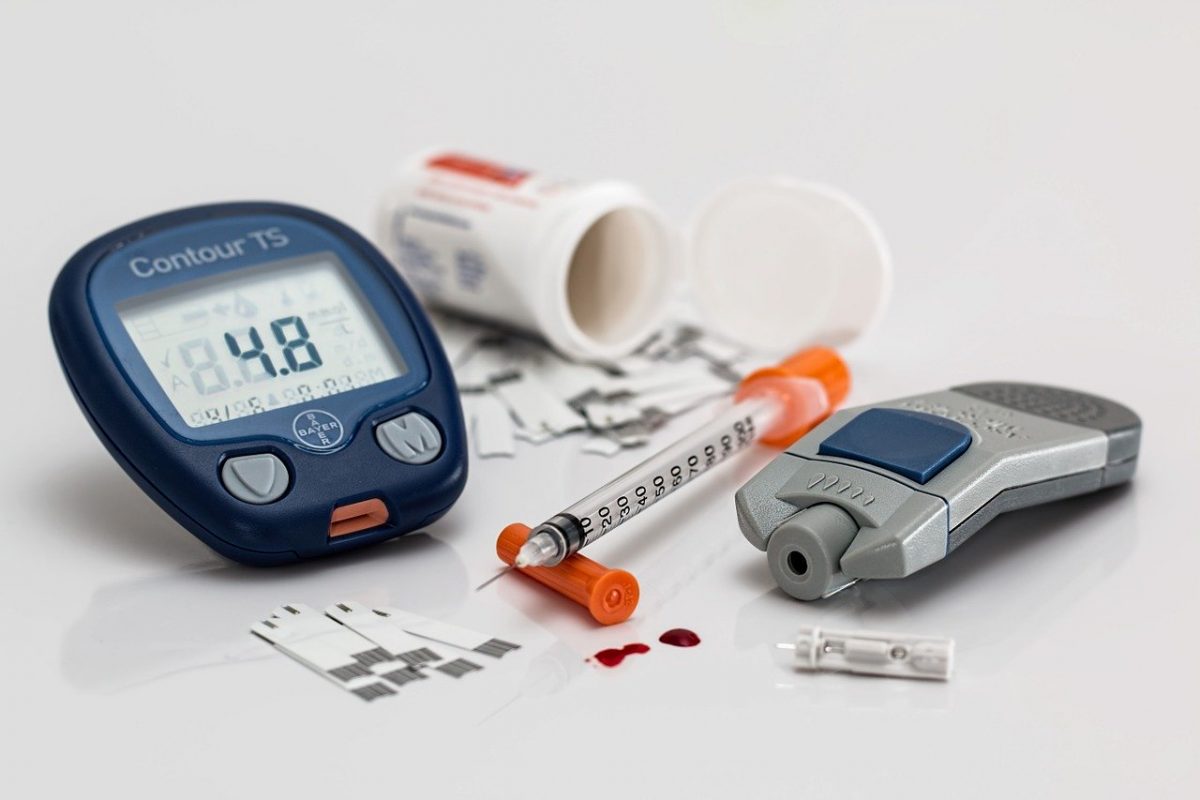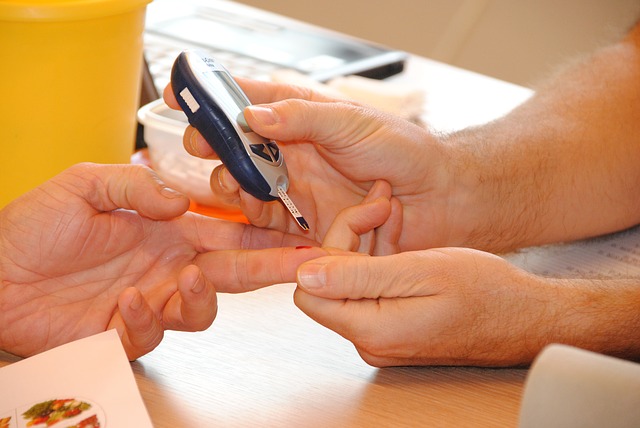Anyone that has diabetes will need to test their blood multiple times each day using test strips and a glucose meter. There are a wide variety of monitors from which to choose and selecting one can be confusing. Monitors encompass basic models to those with special features and they’re available in multiple price points.
When choosing a monitor, factor in the cost of test strips. Test strips aren’t interchangeable among different brands of monitors and will account for a significant amount of the cost of managing the disease. Some elements to consider when choosing a monitor include the following.
Insurance
Some insurance companies will cover the cost of any type of monitor, while others will only cover certain models. Insurers may pay the total cost of a monitor or only a portion and limit the number of test strips allowed each month. In some instances, it may be less expensive to pay for a monitor and/or test strips out of pocket.
Ease of Use
Make sure the face is large enough and the numbers are easy to read. The monitor should fit easily in the hand. Consider how large the drop of blood has to be for testing.
Types
Glucose monitors are available in traditional models that require a finger prick to test with a drop of blood, while other enable blood samples to be taken from other parts of the body. People can also choose a model that uses an adhesive sensor on the skin and sends continuous readings to a monitor, smartphone or smart watch.
Special Features
Meters are available with memory storage and retrieval that can help people track their glucose levels over time, along with models that will vocalize the readings out loud. Others will record the time and date of testing, the results and show trends over time. There are also monitors that allow individuals to download their readings and history to a cell phone or computer and send it to their physician.
If you would like to find out about earning cash for your unwanted, unused and boxed test strips, complete our online quote form today.
If you have extra, unopened and unused boxes of diabetic test strips – whether you have switched brands, no longer need to test or test less frequently, or have a loved one who has passed away – don’t let them gather dust until they’ve expired and end up in the trash. We’re the best place to sell diabetic test strips online, and if you want to sell your test strips, we’re here to make the process easy and enjoyable!
Visit us at Sell Your Test Strips and get your free quote today!









